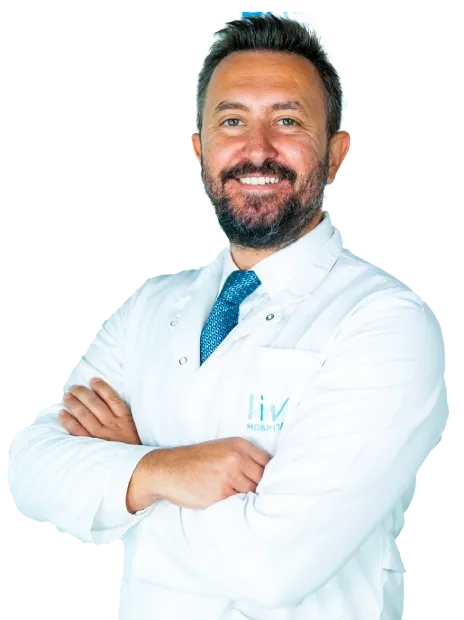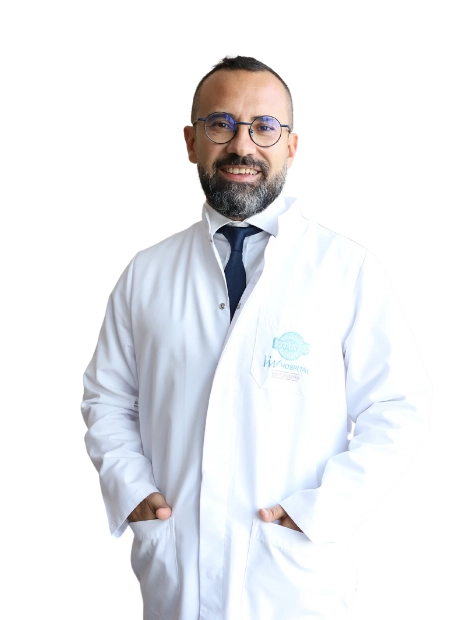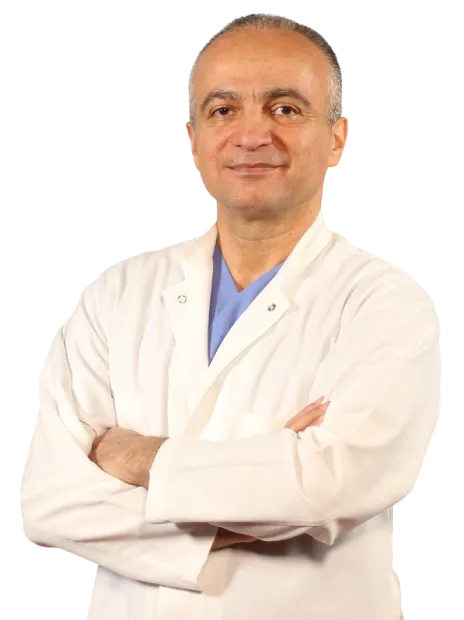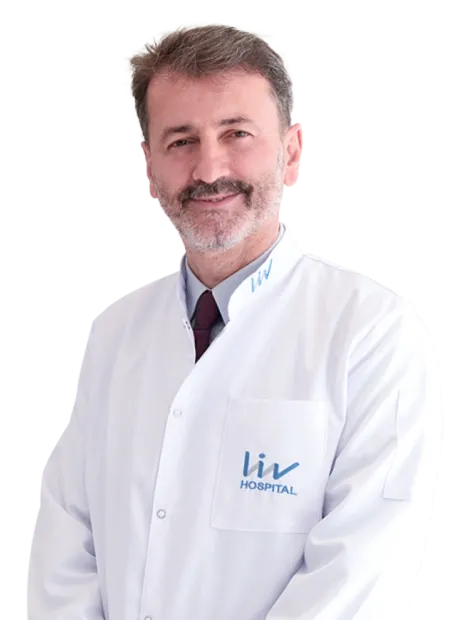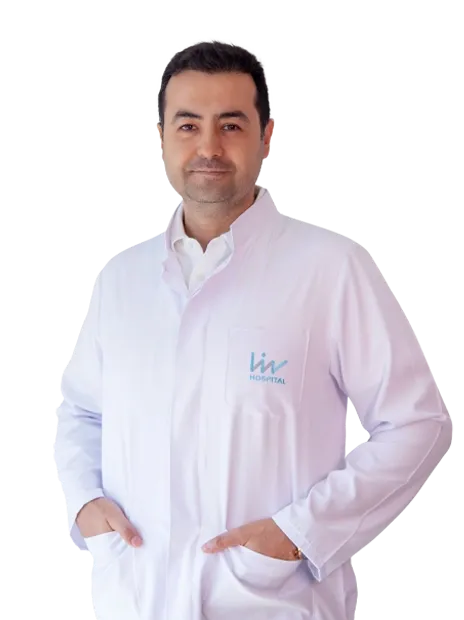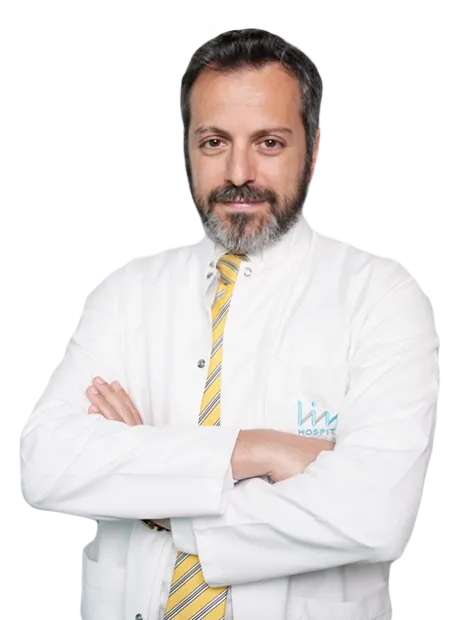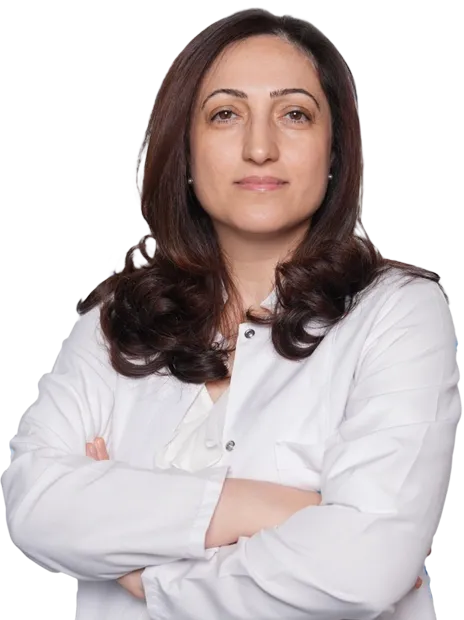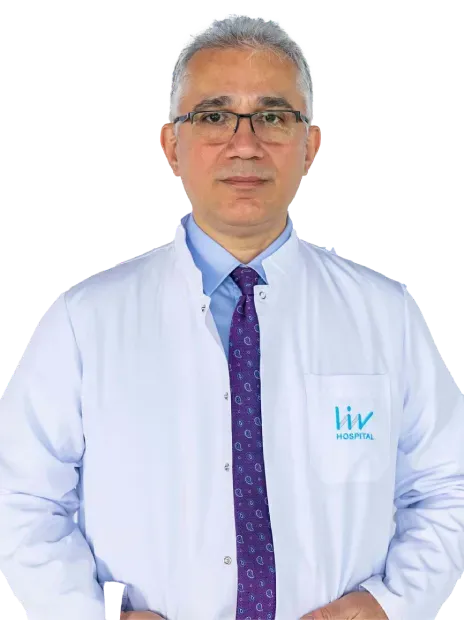Becoming a pulmonologist is a big deal. It takes over a decade of hard work. First, you start with undergraduate studies. Then, you go to medical school. After that, you get specialized training in pulmonology.

The road to becoming a pulmonologist is tough. It usually takes about 13 years after high school. The ACGME sets strict standards. They focus on using the latest evidence, teamwork, and keeping up with new skills.
We’ll look at the long journey to become a pulmonologist. It includes college, medical school, and advanced training. Plus, the ongoing effort to improve in this field.
Key Takeaways
- Pulmonologists go through a lot of education and training, usually 13 years after high school.
- The journey starts with college, then medical school, and ends with pulmonology training.
- ACGME standards focus on using the latest evidence and staying skilled.
- Pulmonologists always work to get better and keep up with new discoveries.
- This field needs a solid base in respiratory care and medicine.
What Is a Pulmonologist and What Do They Do?
A pulmonologist is a doctor who focuses on lung and breathing problems. They help with long-term conditions like asthma and COPD. They also treat sudden breathing illnesses.

Definition and Respiratory System Expertise
Pulmonologists specialize in the respiratory system, which includes the throat, voice box, windpipe, lungs, and airways. Their deep understanding of how these parts work together allows them to diagnose and treat a wide range of breathing disorders. As one leading doctor noted, “Pulmonologists play a key role in managing respiratory diseases, improving both patient outcomes and overall quality of life.
Daily Responsibilities of Pulmonary Doctors
Pulmonologists do many things every day. They take medical histories, do physical exams, and order tests like chest X-rays. They also create treatment plans, which might include medicine, lifestyle changes, and rehab.
- Diagnosing and managing chronic respiratory diseases
- Performing and interpreting diagnostic tests
- Developing personalized treatment plans
- Collaborating with other healthcare professionals
Common Conditions Treated by Lung Specialists
Pulmonologists deal with many conditions. These include asthma, COPD, pneumonia, and lung cancer. They also handle complex cases like cystic fibrosis and pulmonary hypertension.
Knowing what a pulmonologist does helps patients get the right care. It makes navigating the healthcare system easier.
The 13-Year Educational Journey to Becoming a Pulmonologist
Becoming a pulmonologist is a long and challenging journey. It involves many stages of education and clinical training. Understanding this journey is key to appreciating the complexity of becoming a pulmonologist.
Overview of the Complete Educational Timeline
The path to becoming a pulmonologist starts with a 4-year undergraduate degree in a science field. This step lays the foundation in biology, chemistry, and physics. Next, aspiring pulmonologists must complete 4 years of medical school to earn an MD or DO degree.
Medical school is where students learn about human anatomy, physiology, and pathology. After medical school, candidates enter a 3-year internal medicine residency. This residency gives them hands-on experience in treating adult medical conditions, including respiratory issues.
After the internal medicine residency, they start a 2–3 year fellowship program in pulmonology. This advanced training focuses on respiratory diseases. It prepares them with the specialized knowledge and skills needed to be a skilled pulmonologist.

Why Respiratory Medicine Requires Extensive Training
Respiratory medicine is complex, dealing with many lung and respiratory system conditions. The field requires a deep understanding of respiratory physiology and pathology. It also demands keeping up with new diagnostic and treatment options.
The long training ensures pulmonologists can provide top-notch care for respiratory patients. For more on pulmonologists’ roles and paths, visit SABA University’s blog. It offers detailed insights into their education, skills, and career.
Pulmonologists are vital in healthcare, managing complex respiratory cases. Their extensive education shows their dedication and expertise in this critical medical field.
Step 1: Undergraduate Degree Requirements (4 Years)
Starting your path to becoming a pulmonologist requires a solid undergraduate base. There’s no specific major needed for medical school. But picking a science-related field helps prepare for what’s next.
Recommended Pre-Med Majors and Coursework
Many future pulmonologists major in biology, chemistry, or physics. These majors offer a strong scientific foundation for medical school. Key courses include:
- Biochemistry: Understanding the chemical processes within living organisms.
- Organic Chemistry: Studying carbon-containing compounds and their reactions.
- Physiology: Learning about the functions and processes of the human body.
These courses are vital. They prepare students for the Medical College Admission Test (MCAT) and medical school.
Building a Competitive Application for Medical School
A strong application is more than just grades. We suggest:
- Maintain a high GPA, showing you’re a top student.
- Gain clinical experience through internships or volunteering, proving your dedication to medicine.
- Prepare thoroughly for the MCAT, aiming for a high score.
By focusing on these areas, students can boost their applications. This increases their chances of getting into medical school.
Pulmonary doctors, or pulmonologists, are key in treating respiratory diseases. Knowing their role helps aspiring pulmonologists see the value of their education.
Step 2: Medical School Education (4 Years)
After finishing their undergraduate degree, those wanting to be pulmonologists start a four-year medical school journey. They learn the basics needed for a career in pulmonology.
Preclinical Years: Building Medical Knowledge
The first two years are all about classroom learning. Students dive into anatomy, biochemistry, and pharmacology. This lays a solid foundation in medical knowledge.
Clinical Rotations and Pulmonary Medicine Exposure
In the last two years, students have gotten real-world experience through clinical rotations. They learn about pulmonary medicine firsthand. This is key to applying what they’ve learned.
Core Clinical Skills Development
Students hone core clinical skills during rotations. They learn to assess patients, make diagnoses, and plan treatments. These skills are vital for pulmonology success.
Preparing for Pulmonology Specialization
As medical school ends, students start gearing up for pulmonology specialization. They gain clinical experience and learn about respiratory diseases and treatments.
Medical school is a turning point for future pulmonologists. It gives them the knowledge and skills needed to thrive. By the end, they’re ready for residency and fellowship programs.
Step 4: Pulmonology Fellowship Program (2-3 Years)
After finishing their internal medicine residency, those wanting to be pulmonologists start a specialized journey. This journey is through a pulmonology fellowship program. It’s key for learning how to handle complex respiratory diseases.
Advanced Respiratory Disease Management
The pulmonology fellowship program teaches fellows how to manage respiratory diseases. This includes asthma, COPD, and lung cancer. They learn to use the latest methods to diagnose and treat these conditions.
During the 2-3 year program, fellows get to work with patients who have tough respiratory issues. They learn from experienced pulmonologists. This helps them improve their skills and make better decisions for their patients.
Procedural Skills and Interventional Pulmonology
Fellows also learn important procedural skills. These include bronchoscopy and thoracentesis. These are key for pulmonology practice.
They practice these procedures under the watchful eye of experienced teachers. This way, they learn to use advanced tools and techniques. It helps them improve patient care.
ACGME Standards and Evidence-Based Training
The ACGME has strict standards for pulmonology fellowship programs. These standards ensure trainees get top-notch, evidence-based training. Programs must follow these standards to prepare fellows well for their careers.
By finishing a pulmonology fellowship program approved by the ACGME, aspiring pulmonologists know they’re ready. They’re set to give their patients the best care possible.
Board Certification and Continuing Education Requirements
Becoming a pulmonologist is a long journey. It doesn’t stop after the fellowship. Passing tough exams by a board like the American Board of Internal Medicine (ABIM) is key. This shows a pulmonologist has the skills and knowledge to give top-notch care.
Maintaining Certification and Professional Development
To keep their certification, pulmonologists must keep learning. They need to stay updated with the latest in respiratory medicine. The ABIM says, “certification is not a one-time thing, but a journey of learning and growth.” Keeping up with new treatments and research is vital for pulmonologists.
The field of pulmonology is always changing. New treatments and tech come out all the time. So, pulmonologists must keep learning. They can do this by going to conferences, workshops, and online courses. This helps them give the best care to their patients.
“The commitment to ongoing education and professional development is what sets exceptional pulmonologists apart.”
Keeping certification is more than just learning. It’s about showing you’re committed to being the best. Pulmonologists must follow the latest medical guidelines and best practices. This dedication to quality care is what ongoing certification is all about.
Conclusion: Career Outlook for Pulmonologists
Pulmonologists are key in diagnosing and treating lung diseases. They are medical experts who focus on lung health. They handle conditions like asthma, COPD, and lung cancer.
The need for pulmonologists is growing. The American Thoracic Society (ATS) says this is because more people are getting older and more are smoking or exposed to pollution.
Pulmonologists can work in many places, like hospitals and clinics. They might also specialize in areas like sleep medicine. Thanks to new discoveries in respiratory medicine, they can greatly help patients. This improves the lives of those with lung diseases.
FAQ’s:
What is a pulmonologist?
A pulmonologist is a doctor who deals with lung and breathing problems.
What does a pulmonologist do?
They manage long-term lung diseases like asthma and COPD. They also treat sudden breathing illnesses. Plus, they do tests like lung biopsies and pulmonary function tests.
How long does it take to become a pulmonologist?
It takes about 13 years after high school. This includes 4 years of college, 4 years of medical school, 3 years of internal medicine residency, and 2-3 years of pulmonology fellowship.
What undergraduate degree is required to become a pulmonologist?
You don’t need a specific major for medical school. But studying science like biology, chemistry, and physics is recommended. You should also know a lot about biochemistry, organic chemistry, and physiology.
What is the role of medical school in becoming a pulmonologist?
Medical school lays the groundwork. It teaches basic sciences and gives you clinical experience. You’ll learn about pulmonary medicine and develop important skills.
What is a pulmonology fellowship program?
It’s advanced training for complex lung diseases. You’ll learn about asthma, COPD, and lung cancer. You’ll also get better at procedures like bronchoscopy and thoracentesis.
What is board certification, and why is it important for pulmonologists?
Board certification means passing tough exams by a professional board, like the American Board of Internal Medicine (ABIM). It shows you’re an expert and keeps you updated with new respiratory medicine.
What is the career outlook for pulmonologists?
Pulmonologists have a bright future. More people have lung diseases, so there’s a high demand. You can work in hospitals, clinics, or private practices. You can also specialize in areas like sleep medicine.
How do pulmonologists stay current with the latest advances in respiratory medicine?
They must keep learning through ongoing professional development and continuing education. This helps them stay certified and up-to-date with new respiratory medicine.
What is the significance of ACGME standards in pulmonology fellowship programs?
The ACGME sets strict standards for fellowship programs. This ensures trainees get top-notch, evidence-based training in pulmonology.
Define pulmonologist.
A pulmonologist is a doctor who specializes in lung and breathing diseases. They diagnose, treat, and manage these conditions.
What do pulmonary doctors do?
Pulmonary doctors, or pulmonologists, deal with lung and breathing diseases. They treat chronic conditions like asthma and COPD. They also do specialized procedures.
References:
- American Medical Association. (2023). Roadmap to a medical career. Retrieved fromhttps://www.ama-assn.org/education/becoming-physician/roadmap-medical-career
- American Board of Internal Medicine. (2024). Pulmonary disease. Retrieved fromhttps://www.abim.org/certification/pulmonary-disease
- Accreditation Council for Graduate Medical Education. (2024). Internal medicine. Retrieved fromhttps://www.acgme.org/specialties/internal-medicine/internal-medicine/
- American Thoracic Society. (2023). Pulmonology as a career. Retrieved fromhttps://www.thoracic.org/professionals/career-development/pulmonology-as-a-career.php




